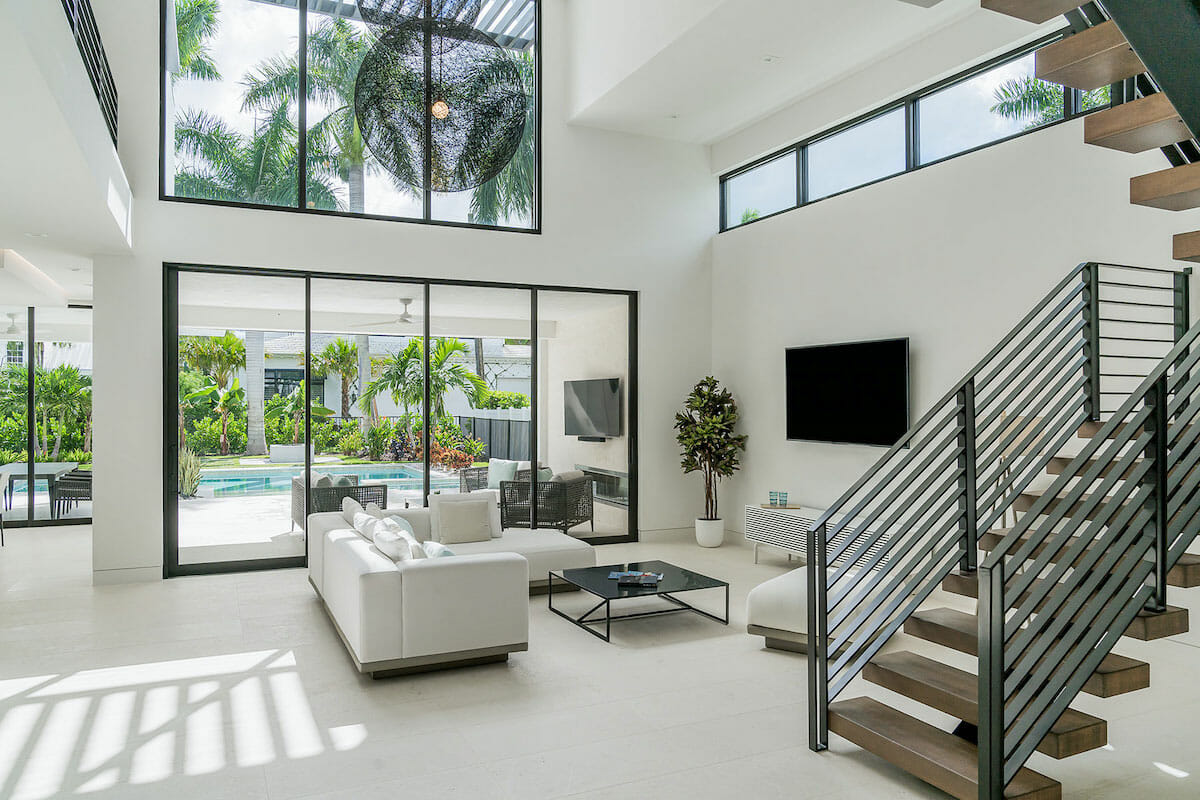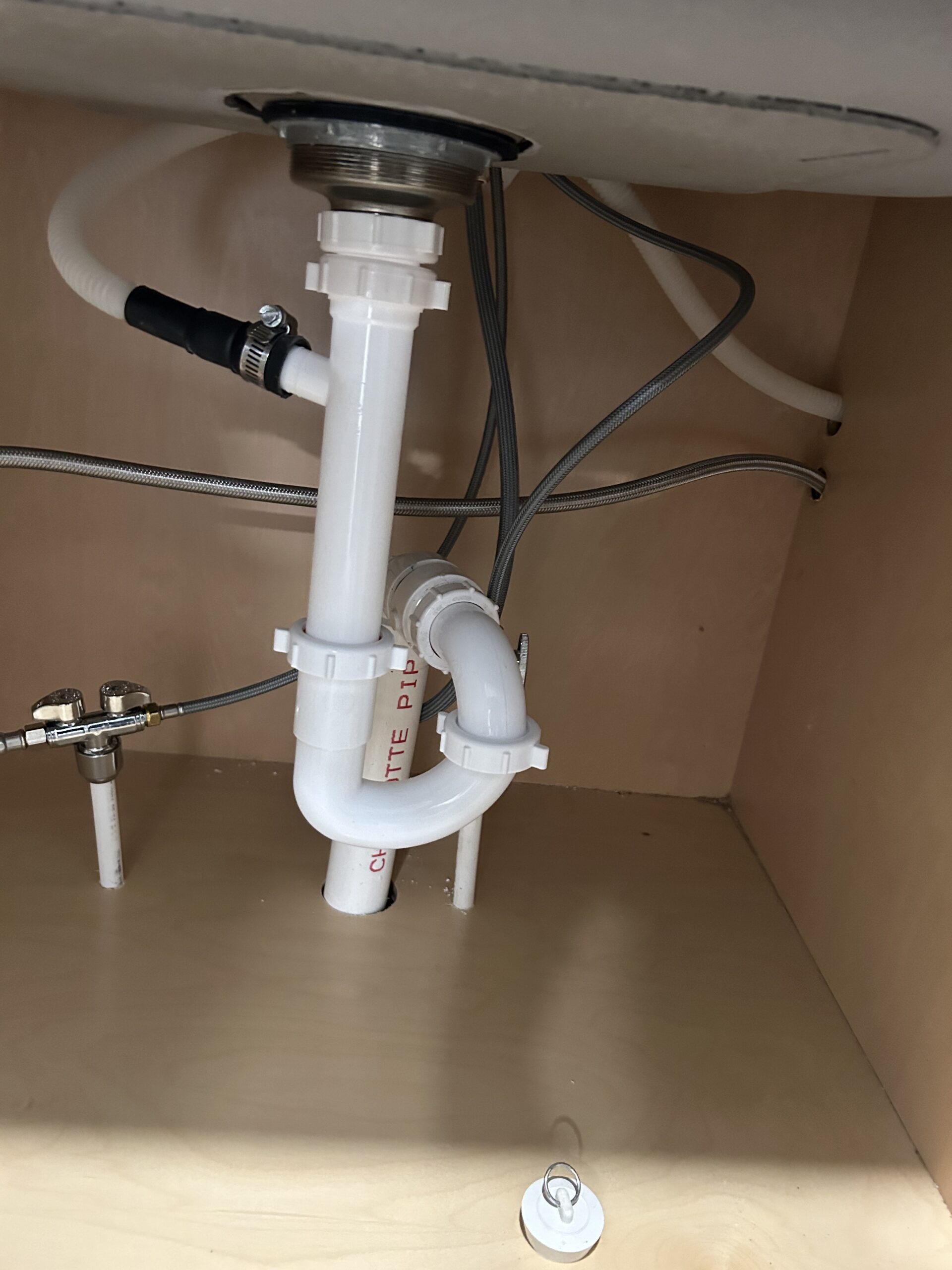
The architectural landscape of Nigeria is a vibrant canvas that boasts a rich tapestry of house designs in Nigeria. These designs are a testament to the nation’s cultural diversity, innovative craftsmanship, and evolving architectural trends, showcasing a blend of tradition and modernity.
Fusion of Tradition and Contemporary Styles
House designs in Nigeria exemplify a seamless fusion of traditional architectural elements with contemporary styles. They harmoniously integrate indigenous building techniques, such as mud-brick construction or traditional thatched roofs, with modern materials and design concepts.
This synthesis results in residences that pay homage to Nigeria’s cultural heritage while embracing the convenience and aesthetics of modern living, as depicted in the diverse array of house designs in Nigeria.
Cultural Significance and Regional Variations
The diversity of Nigeria’s regions is reflected in the myriad of house designs in Nigeria. From the northern adobe structures to the coastal homes in the south, each region’s architecture represents unique cultural backgrounds, climate considerations, and local resources.
The variations in house designs in Nigeria hold significant cultural value, serving as architectural symbols that reflect the historical, social, and environmental aspects prevalent within different Nigerian communities.
Embracing Vernacular Architecture
Vernacular architecture plays a pivotal role in shaping house designs in Nigeria. Incorporating indigenous materials like bamboo, adobe, and timber, these designs prioritize natural ventilation, thermal comfort, and sustainability.
The incorporation of vernacular influences in house designs in Nigeria not only emphasizes functionality but also resonates with cultural identity, environmental consciousness, and adaptive building practices.
Innovative Concepts and Aesthetics
Contemporary house designs in Nigeria showcase innovative concepts and aesthetics. Architects infuse these designs with artistic flair, incorporating sleek lines, minimalist forms, and modern amenities while staying true to cultural motifs and design elements.
The aesthetic appeal of house designs in Nigeria lies in their ability to blend modern architectural styles with indigenous patterns, vibrant colors, and local craftsmanship, creating visually striking and culturally resonant homes.
Sustainability and Eco-Friendly Features
There is a growing trend in house designs in Nigeria towards sustainability and eco-conscious features. Architects and homeowners prioritize energy-efficient designs, solar panels, rainwater harvesting systems, and the use of eco-friendly materials.
The integration of sustainable practices in house designs in Nigeria not only reduces the environmental impact but also reflects a commitment towards a greener future and responsible architectural practices.
Adaptability and Customization
One notable aspect of house designs in Nigeria is their adaptability and potential for customization. These designs cater to diverse needs, allowing homeowners to personalize spaces according to family sizes, preferences, and specific lifestyle requirements.
The flexibility in house designs in Nigeria permits modifications or expansions, ensuring that homes can evolve in tandem with the changing needs and aspirations of their occupants.
Architectural Evolution and Future Trends
As Nigeria progresses economically and technologically, the trajectory of house designs in Nigeria is set for further evolution. The architectural landscape is anticipated to witness innovative designs, embracing advancements while preserving cultural heritage.
In conclusion, house designs in Nigeria represent a harmonious blend of tradition, innovation, and sustainability. They stand as embodiments of heritage, progress, and aspirations, shaping the architectural narrative of Nigeria’s past, present, and future.


